Optimal Timing for Sunroom Installations
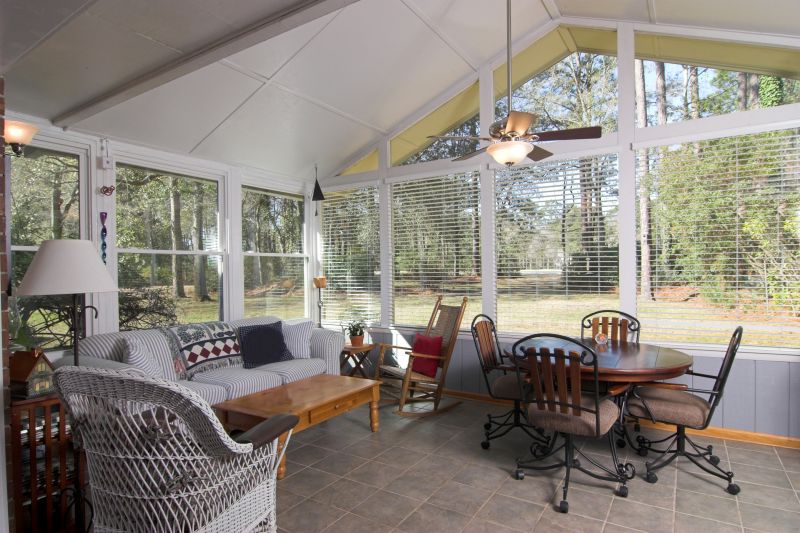
Spring offers moderate weather conditions ideal for installation projects, reducing delays caused by extreme temperatures or weather events.
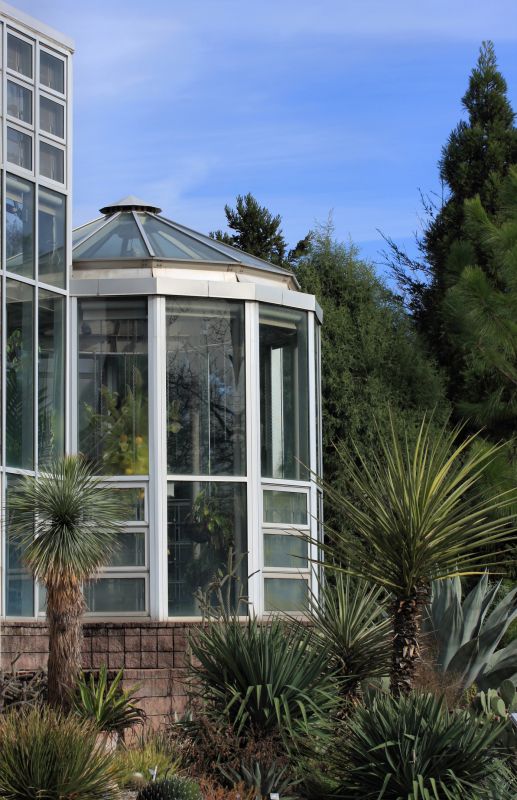
Summer allows for longer daylight hours and consistent weather, facilitating efficient construction and curing times.
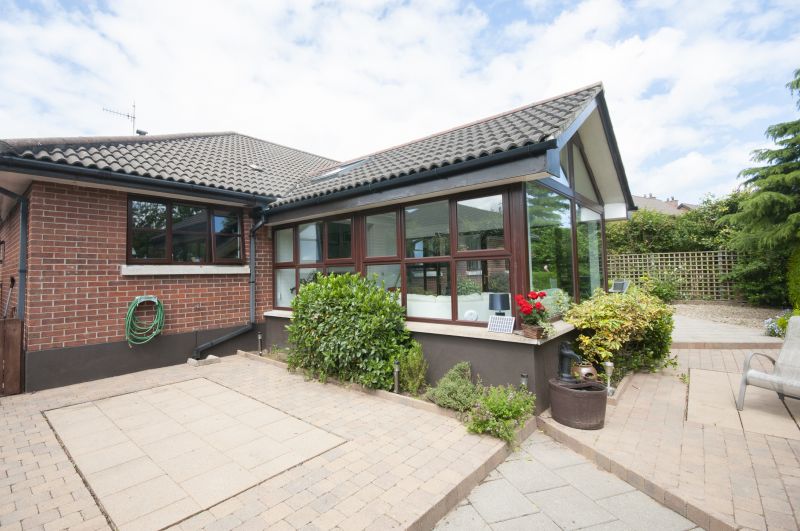
Fall provides cooler temperatures and less rainfall, making it a suitable season for outdoor construction activities.
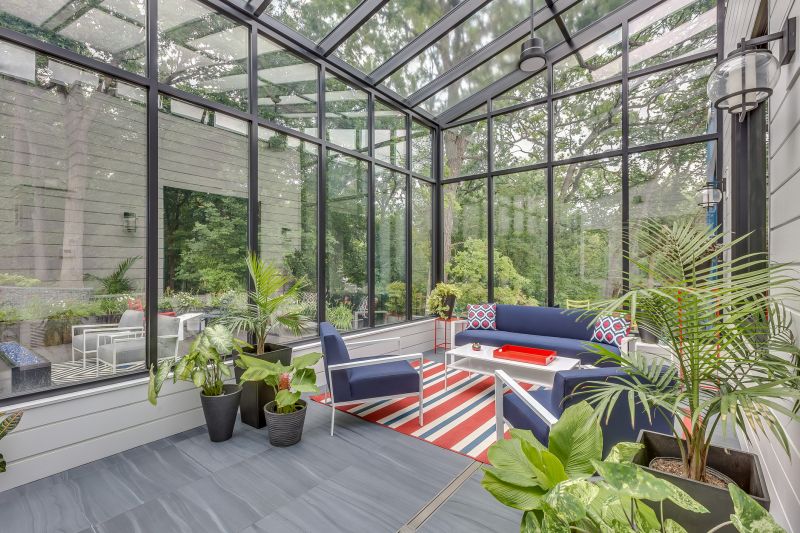
Winter may pose challenges such as snow and freezing temperatures, which can delay installation but may be feasible with proper planning.
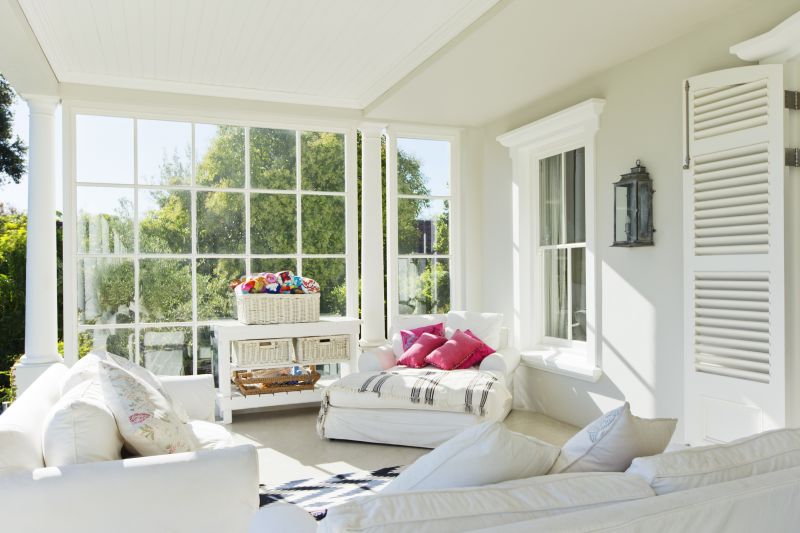
Spring and early summer are often preferred for sunroom installations due to favorable weather conditions and availability.
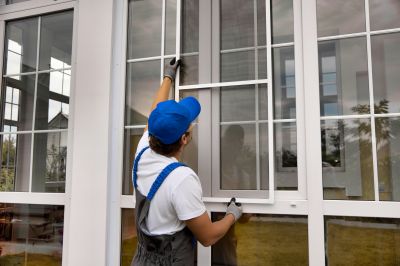
Unpredictable weather can cause delays; planning installations during stable weather periods minimizes disruptions.
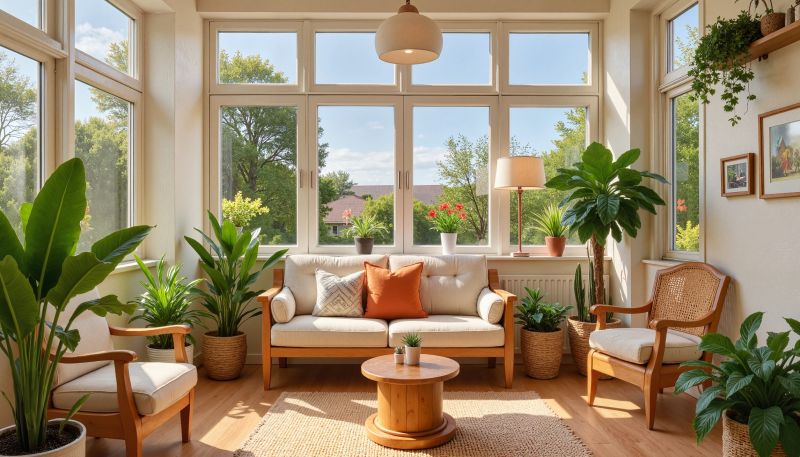
Ways to make Sunroom Installations work in tight or awkward layouts.
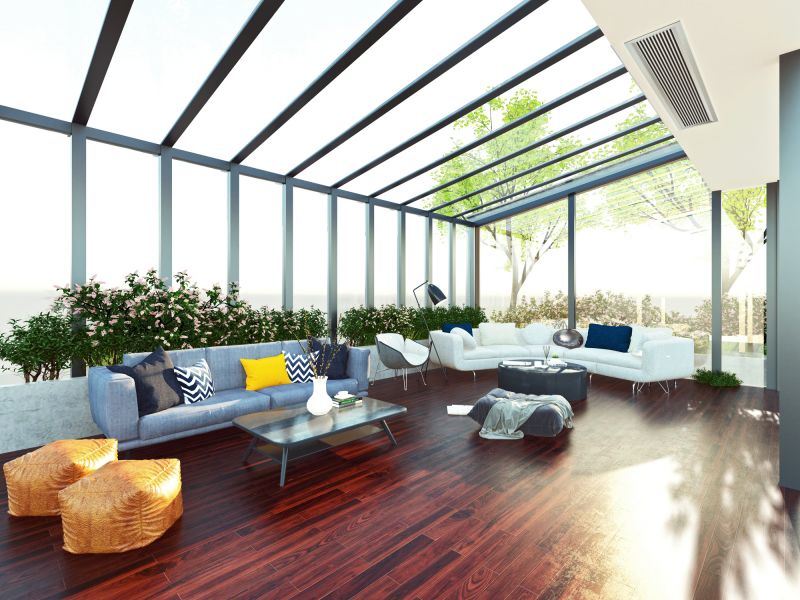
Popular materials for Sunroom Installations and why they hold up over time.
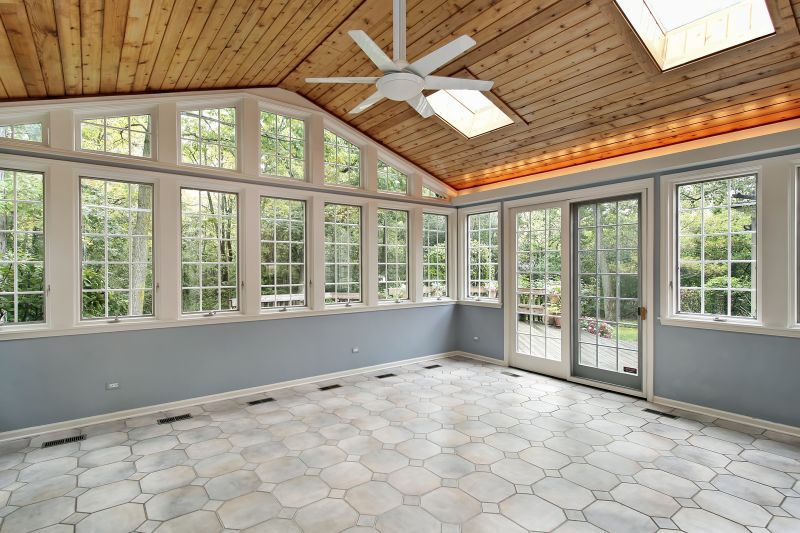
Simple add-ons that improve Sunroom Installations without blowing the budget.
Sunroom installations are popular additions to residential properties, providing additional living space and enhancing natural light. Proper timing can influence project completion and quality. The most suitable periods typically involve moderate weather conditions that support outdoor construction activities. Spring and early summer are favored due to their balance of warmth and lower precipitation levels. Planning during these times can help ensure a smoother installation process.
Statistics indicate that scheduling sunroom projects during milder seasons can reduce delays by up to 30%. Additionally, favorable weather conditions contribute to better sealing and insulation, which are critical for energy efficiency and durability. Proper planning around seasonal weather patterns can optimize project timelines and outcomes.
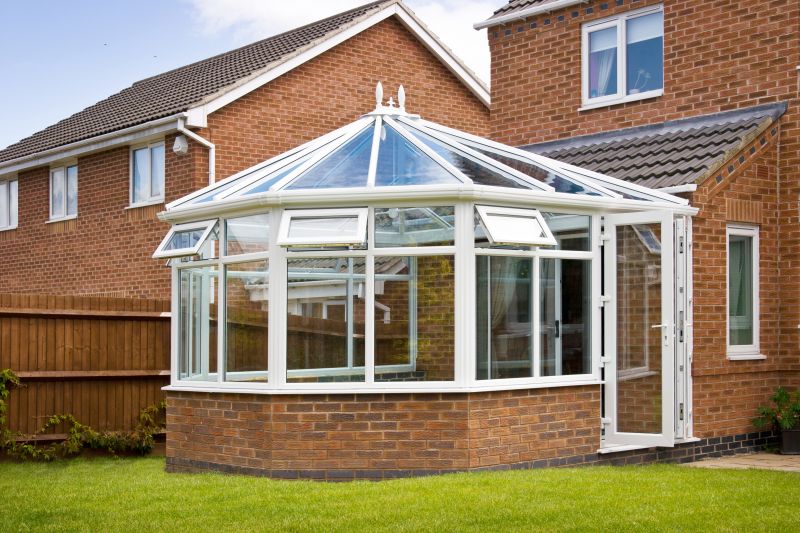
Construction site during spring with clear weather and active work.
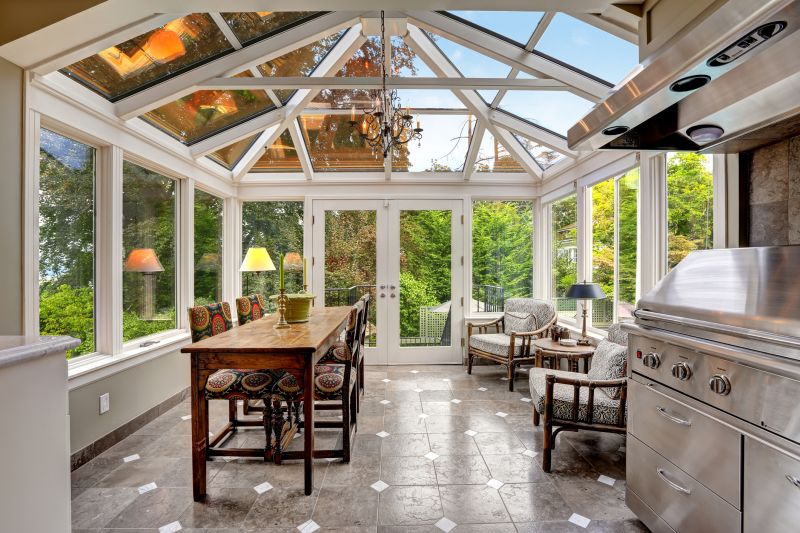
Completed frame with sunlight streaming through.
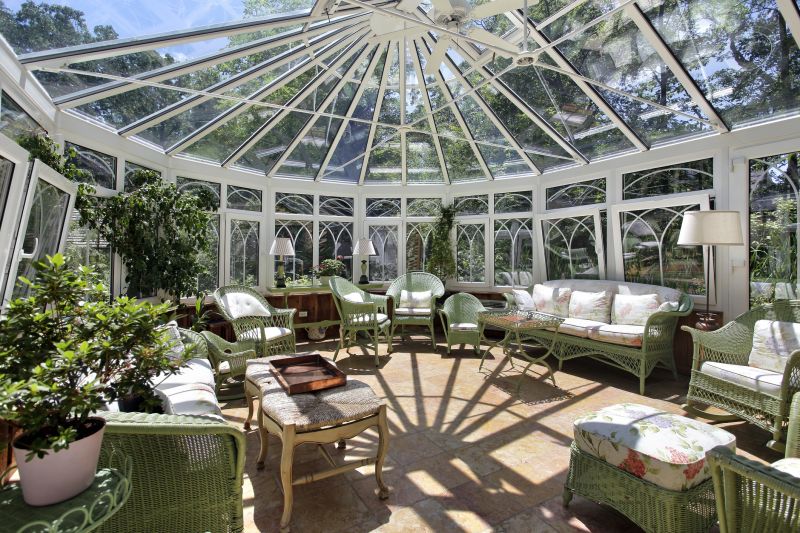
Installation process underway amid autumn scenery.
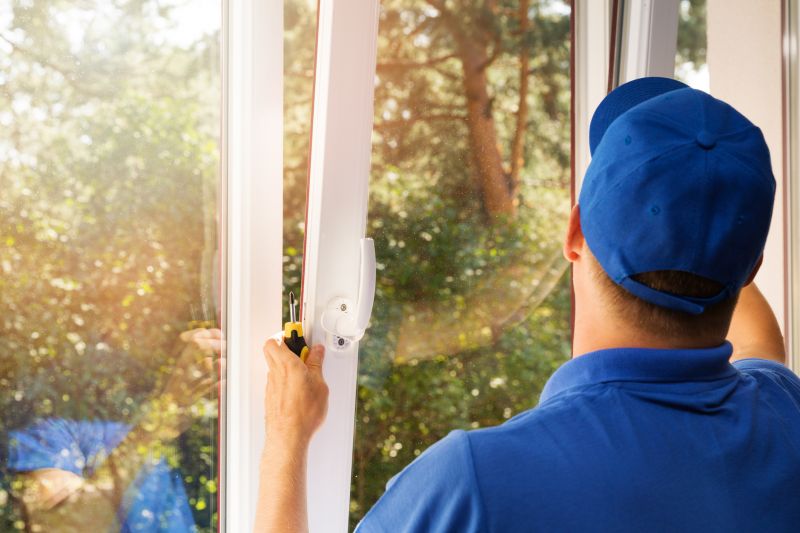
Preparation for winter installation with snow in the background.
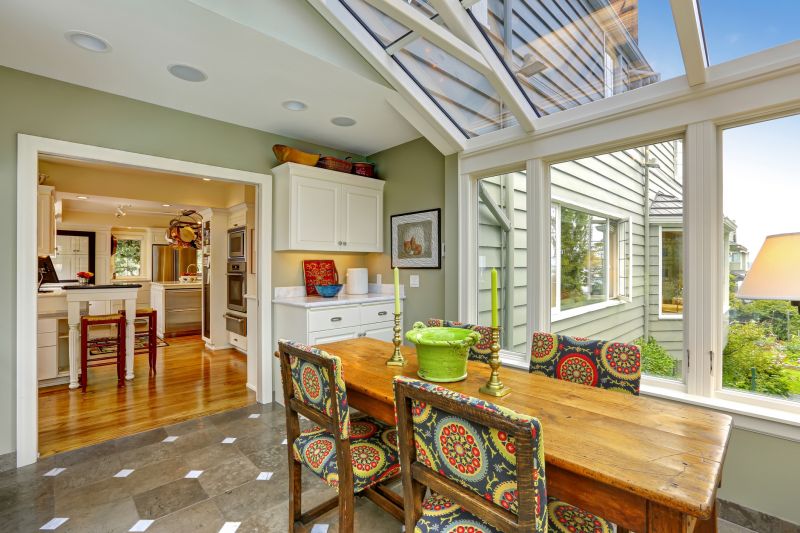
High-end options that actually feel worth it for Sunroom Installations.
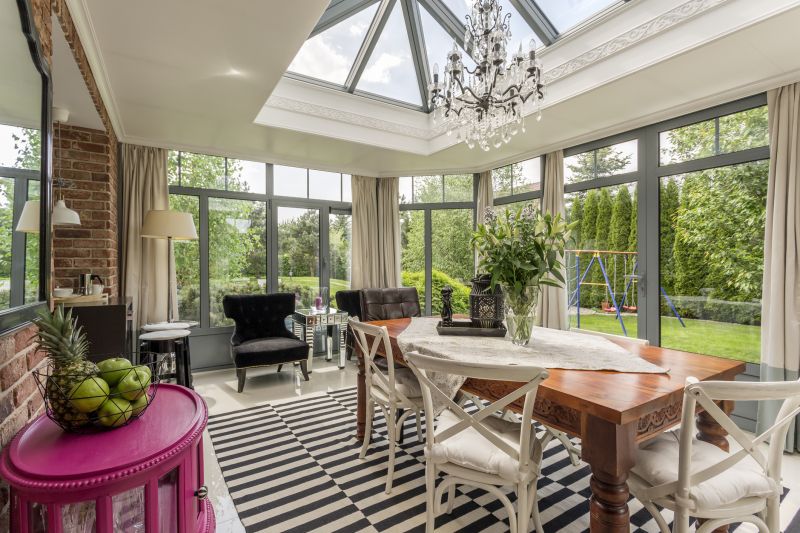
Finishes and colors that play nicely with Sunroom Installations.
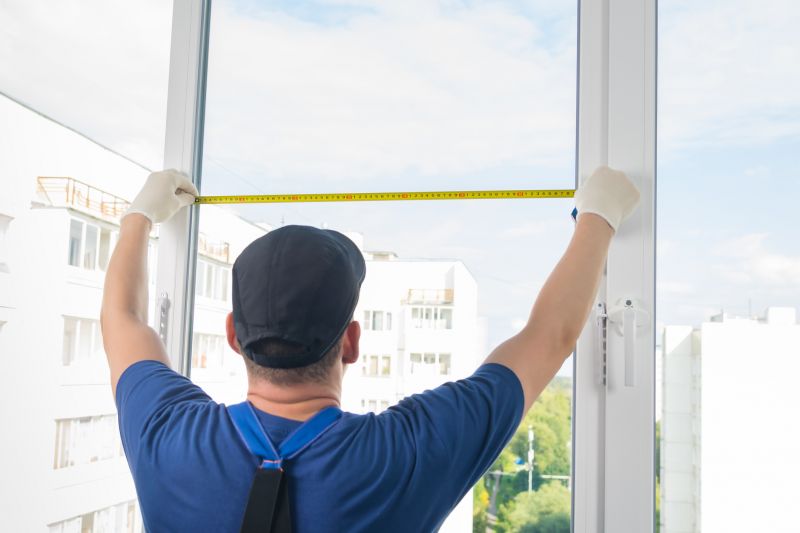
Little measurements that prevent headaches on Sunroom Installations day.
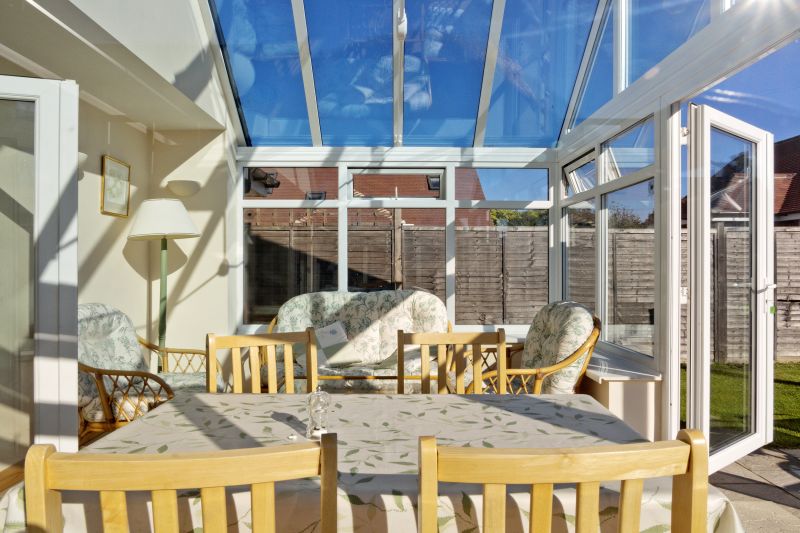
A 60-second routine that keeps Sunroom Installations looking new.
| Season | Advantages |
|---|---|
| Spring | Moderate temperatures, longer days, lower rainfall |
| Summer | Longer daylight hours, stable weather, quick curing |
| Fall | Cooler temperatures, less rain, good outdoor conditions |
| Winter | Potential delays due to snow and cold, requires planning |
Choosing the right time for sunroom installation depends on local climate patterns and project scope. Spring and early summer are generally preferred for their favorable weather, which helps maintain schedules and quality standards. Proper timing ensures that construction materials cure correctly and that outdoor work is not hampered by adverse weather conditions.
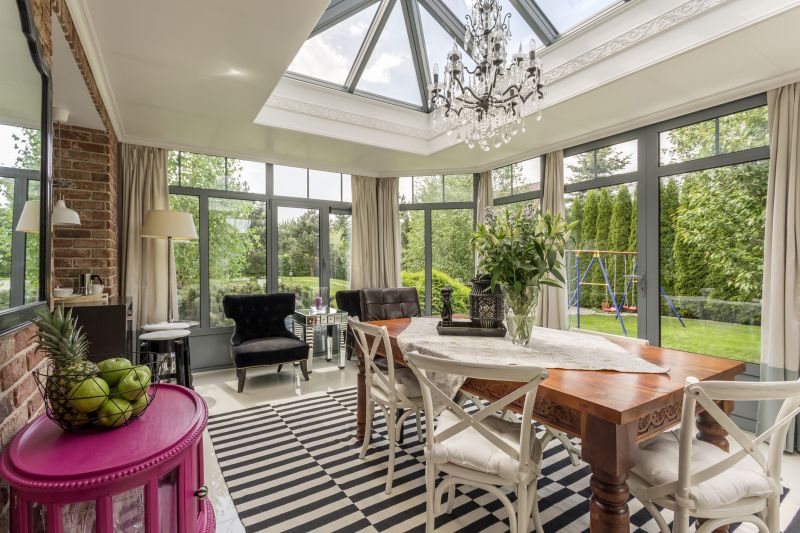
Design phase with clear skies and planning documents.
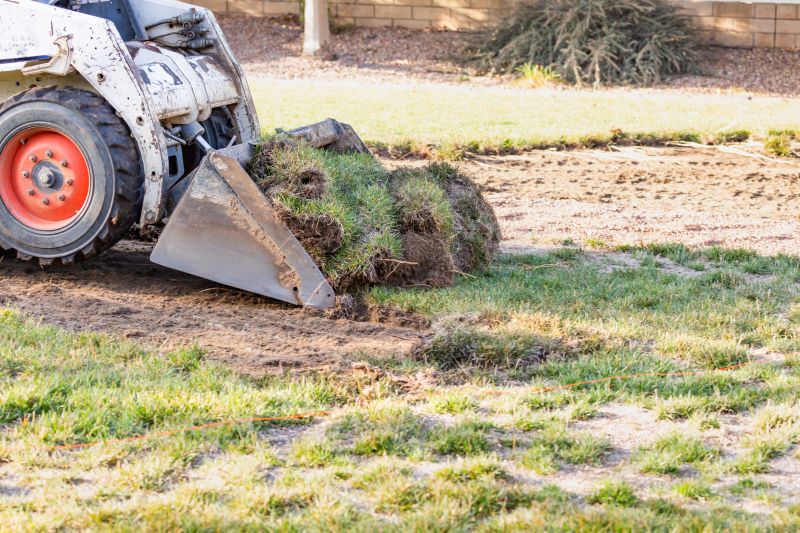
Equipment ready for installation during optimal weather.
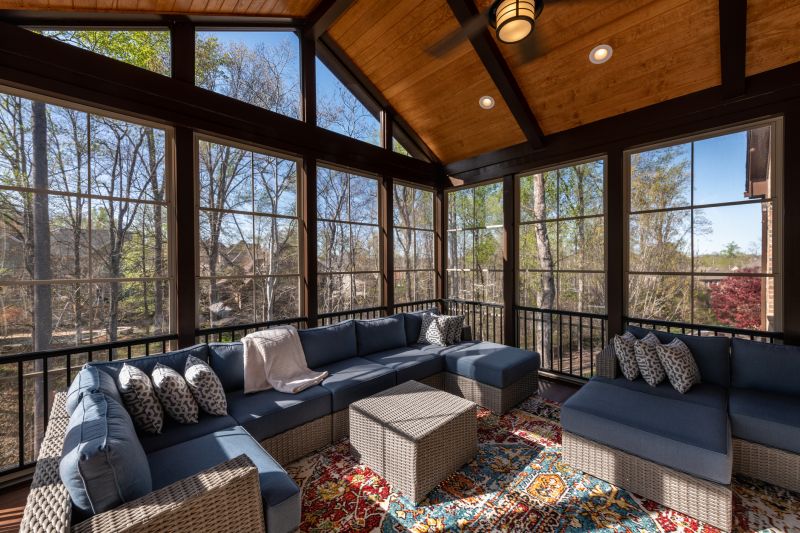
Completed sunroom with outdoor seating.
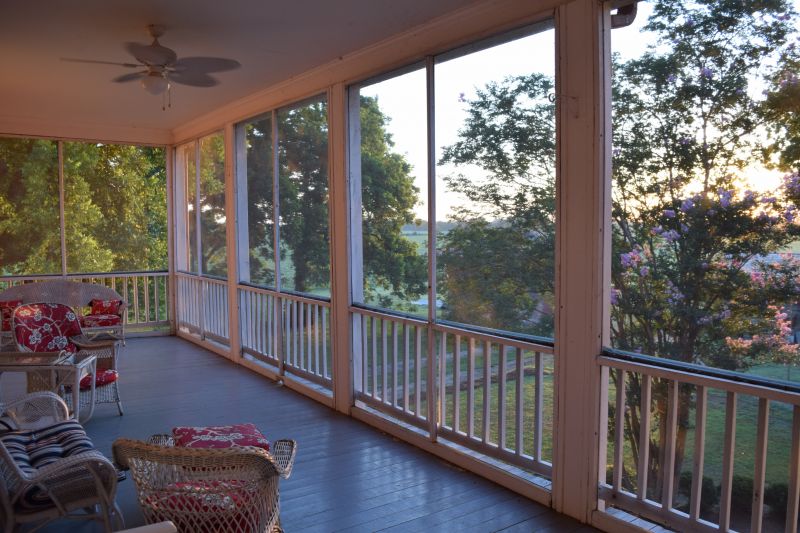
Sunroom being enjoyed in different seasons.
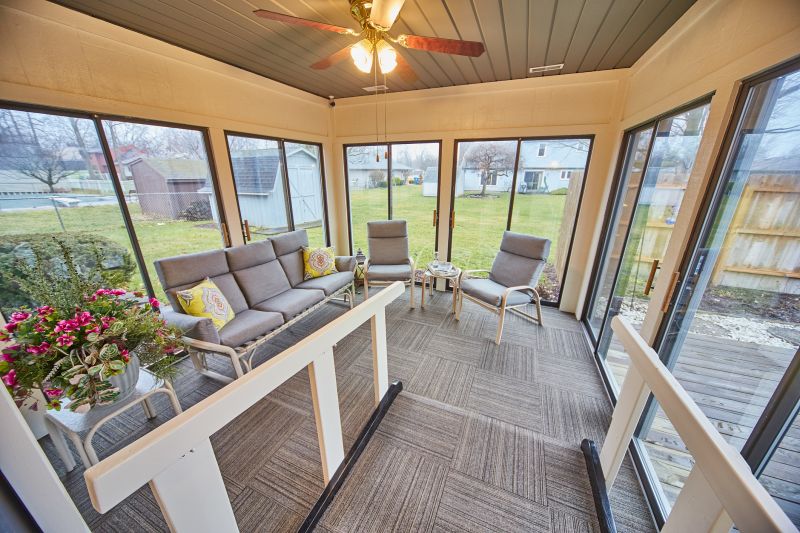
A frequent mistake in Sunroom Installations and how to dodge it.
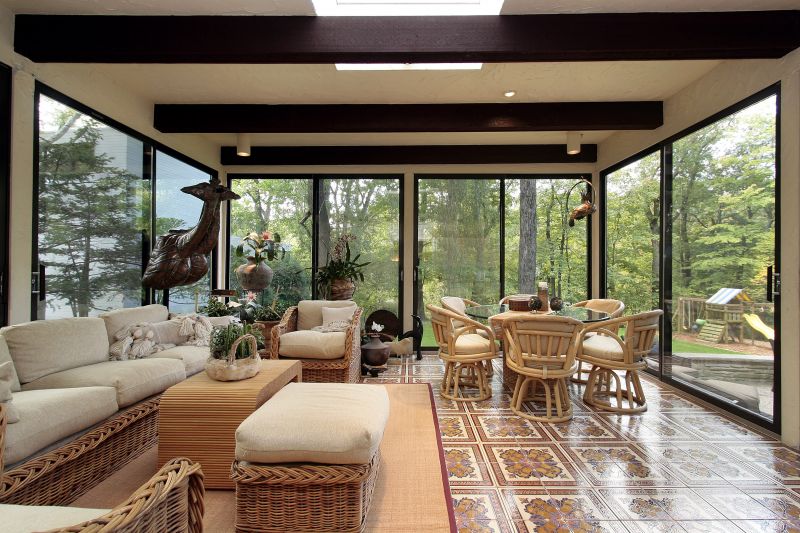
Small tweaks to make Sunroom Installations safer and easier to use.
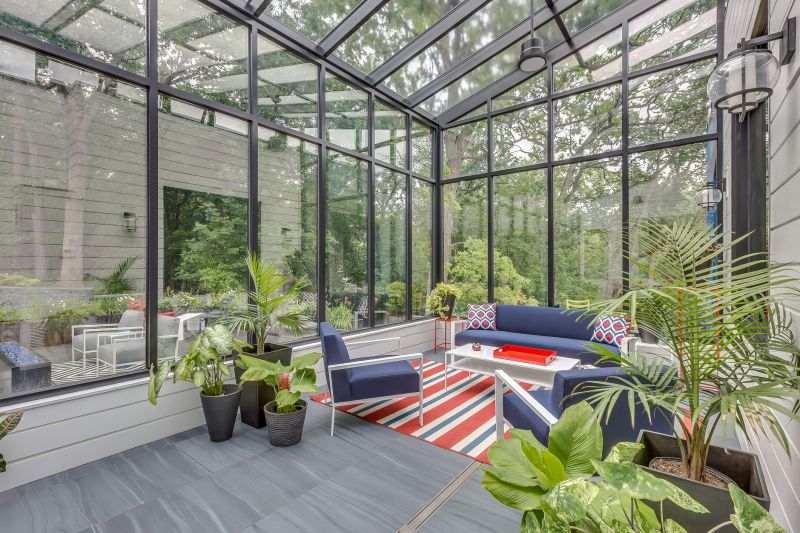
Lower-waste or water-saving choices for Sunroom Installations.
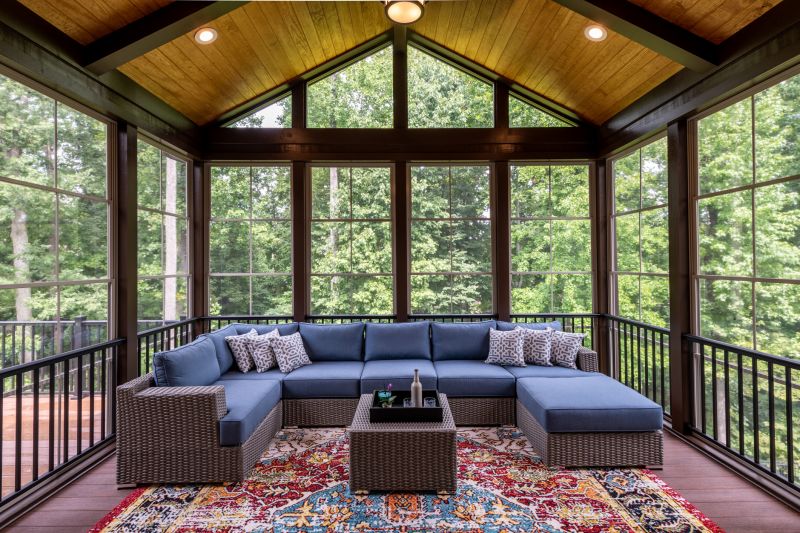
The short, realistic tool list for quality Sunroom Installations.
Interested in scheduling a sunroom installation? Filling out the contact form can help determine the best timing for individual project needs and local weather considerations. Proper planning and timing contribute to a successful and durable installation, providing years of enjoyment.
Rough timing from prep to clean-up for Sunroom Installations.
Quick checks and paperwork to keep after Sunroom Installations.
Examples that show the impact a good Sunroom Installations can make.
